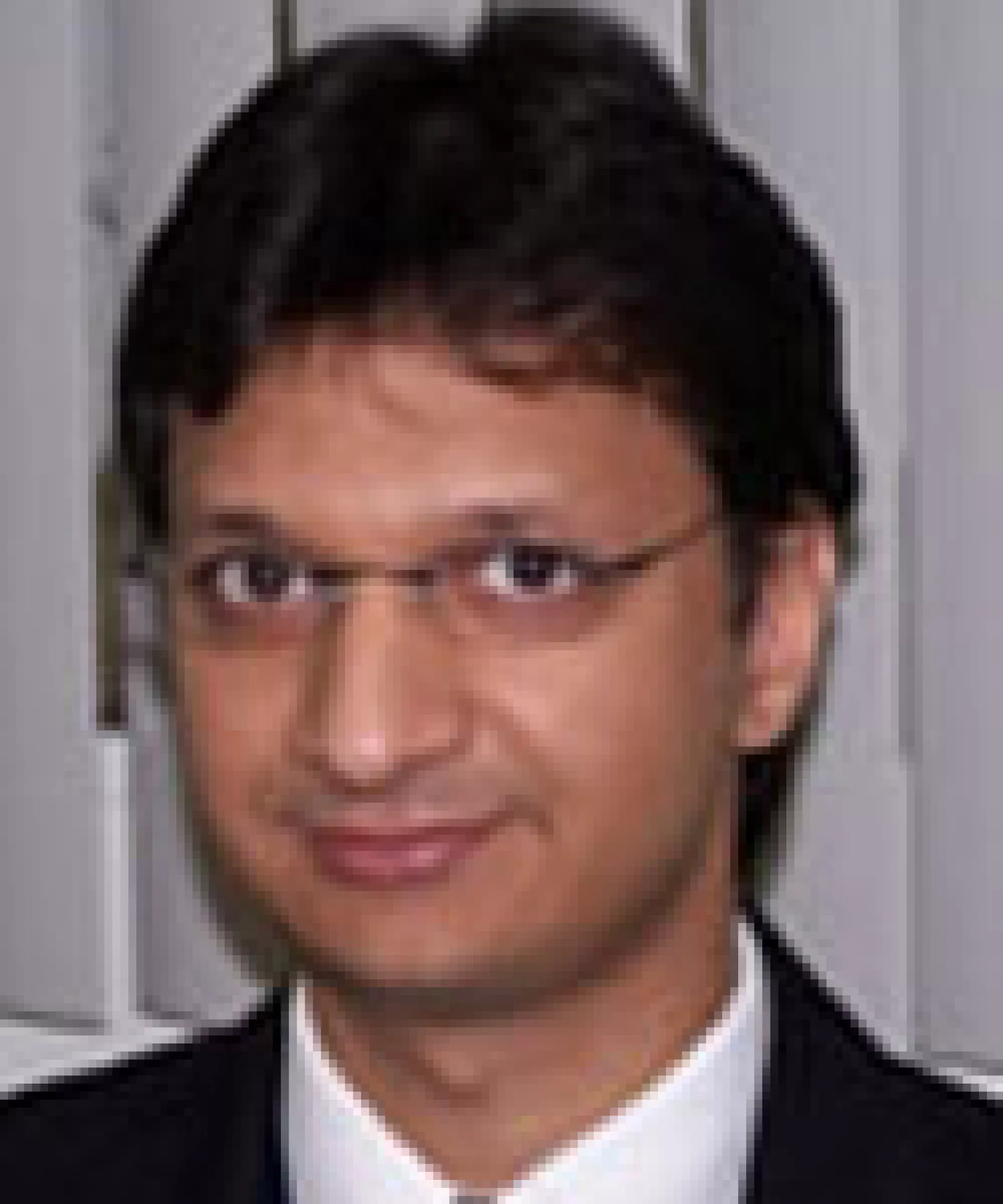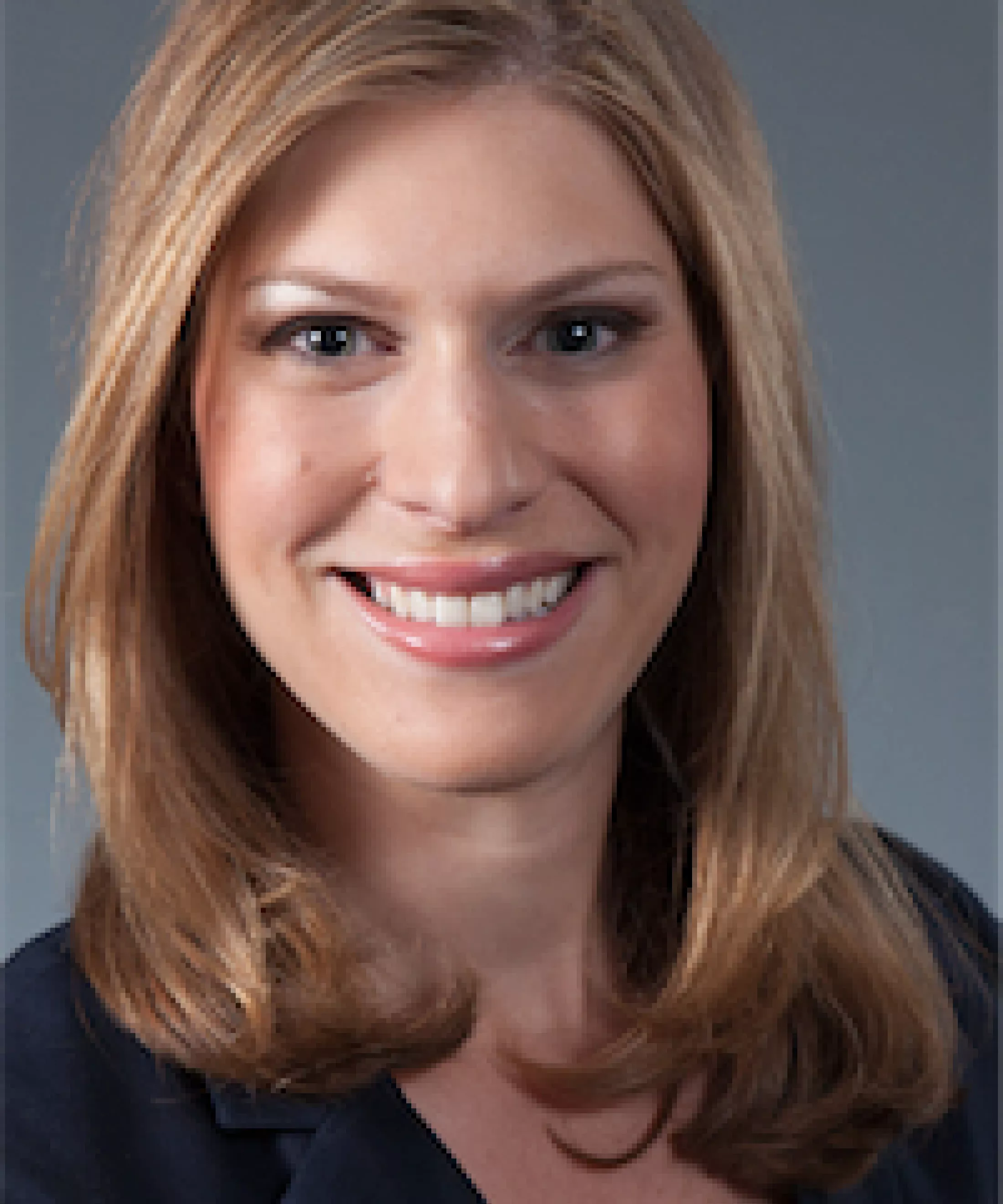Sleep Medicine
Director: Michael J. Thorpy, M.B.,Ch.B.
Division Contact Information
Michael Thorpy MD
Phone: 718-920-4841
Fax: 718-798-4352
Email: michael.thorpy@einsteinmed.org
To provide outstanding clinical care for patients with disorders affecting the sleep-wake cycle, to perform high quality research into sleep and sleep disorders, and to produce well-trained and highly qualified sleep specialists.
The Division of Sleep Medicine and Chronobiology provides diagnostic services and treatment for patients who present with symptoms or features that suggest the presence of a sleep disorder. In addition, the division undertakes to train healthcare workers in sleep medicine and performs clinical research into sleep, sleep disorders and chronobiology.
Sleep-Wake Disorders Center:
The Sleep-Wake Disorders Center of the Department of Neurology at Montefiore Medical Center was established in 1975 as a referral center to assist doctors in the diagnosis and treatment of patients who have severe or long-standing problems associated with sleeping and waking. The Center was the first accredited sleep disorders center in the USA in 1977.
The Center is staffed by adult and pediatric neurologists, as well as a clinical psychologist. All staff members are sleep specialists certified by the American Board of Sleep Medicine, knowledgeable of the most recent developments in the field of sleep-wake disorders. Consultants in cardiology, psychiatry, pediatrics, dentistry, pulmonology and otolaryngology (ear, nose and throat) are also available when needed.
What Kind of Problems Does the Center Diagnose and Treat?
Snoring. Snoring is a sign of obstruction to the airflow at the back of the mouth. When benign, it can cause annoyance to family members, or even marital discord. When more severe, snoring may be a sign of obstructive sleep apnea, a condition in which the individual stops breathing between snores. Sleep apnea is also associated with life- threatening heart rhythm disturbances during the night, elevated blood pressure and sleepiness during the daytime.
Daytime Sleepiness and Fatigue: The inability to remain alert, reduced concentration or impaired daytime performance may be due to any number of sleep disorders such as: obstructive sleep apnea, nocturnal myoclonus, sleep-wake rhythm disturbances, narcolepsy or underlying medical disorders.
Insomnia: Insomnia is a sleep disorder in which people experience poor sleep or have trouble sleeping. Some people have trouble falling asleep at night; many others wake up during the night or awaken much too early in the morning. Insomnia can have many different causes. For example, it may be related to breathing difficulties at night, or to abnormal movements of the legs or other parts of the body of which the person is unaware. Insomnia can also be caused by, or worsened by, sleeping pills if taken frequently or over a long period of time. Often, it is related to emotional depression or anxiety.
Abnormal Sleep-Wake Rhythm: The biological rhythm of sleep and wakefulness may be disrupted by shift work, frequent travel or certain psychiatric conditions. Other kinds of rhythm disturbances are found in people with long standing difficulty in falling asleep at night and getting up in the morning, as well as in people who suffer from insomnia of other origins.
Other Sleep-Related Disorders: sleep-walking, sleep-talking, bedwetting, frequent nightmares and nocturnal convulsions are sleep-related disorders that affect children as well as adults. These symptoms can be disturbing not only to individuals but also to other members of the household. Some are potentially dangerous, and some may indicate the presence of an underlying psychiatric disturbance.
What About Treatment?
If you or a member of your family is bothered by problems such as those described here you should consult your primary care doctor. He or she will decide on the proper treatment plan for you and will know whether or not you should be referred to the Center for further evaluation and treatment.
Most sleep-wake disorders can be treated effectively once the condition has been fully and accurately diagnosed. In order to make an accurate diagnosis it is usually necessary for both the physical and emotional aspects of the problem to be examined.
Some conditions require treatment with medications, while others may require careful planned change in the hours that sleep is scheduled. For still others, psychiatric treatment including medication, psychotherapy or both may be the best solution. Occasionally, surgery may be advised to relieve severe breathing problems during sleep.
Division Faculty
Michael J. Thorpy, M.B.,Ch.B.
Professor
Imran M. Ahmed, M.D.
Associate Professor
Shelby Freedman Harris, Psy.D.
Clinical Associate Professor



